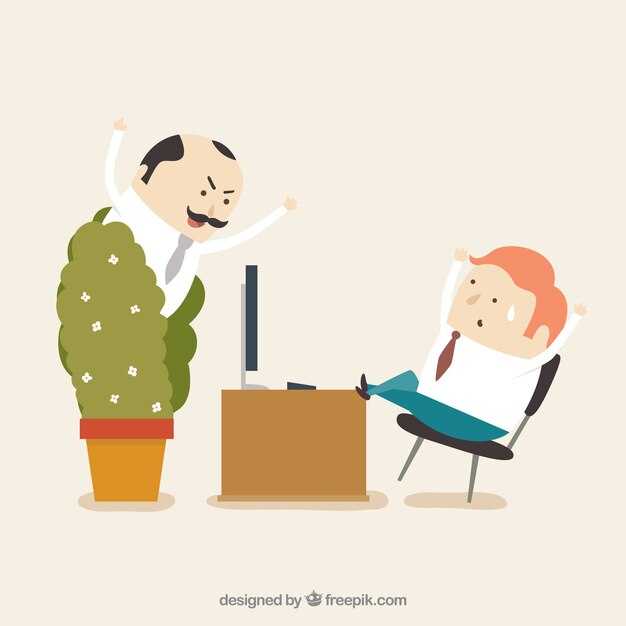What Kelly is trying to convey, as I understand it, is that she needs more affection from you that isn’t sexual. I’m sorry — did you say you wanted non-sexual affection? Yeah, I’m not sure I’m following you. She was just saying she needs more conferctimic — conferctimic? Is that even a real word? Maybe we should move on. I honestly think, for both your sakes, it would help if you began to make emotional intimacy a priority. In other words, build an emotional bond — not just schloop loopy doop and garbital imagaster Kirk — and don’t forget Rick. Wait — can I interrupt for a second? Is this some kind of joke? No it’s not a joke. You’re not seriously just going to speak nonsense and make Jimmy look dumb, are you? I would never do that. Actually, I might have an idea of what’s going on — this isn’t the first time he’s acted this way. Really? Sometimes he pretends not to comprehend what I’m saying. I don’t do that. Does he have a history of a stroke or anything? I’m right here, you can just talk to me. Listen, people who’ve had brain trauma can have trouble sometimes. I’m not having a stroke. It’s okay, this is a safe place. You’re the one slurring — mercaster Kirk — are we pretending that’s an actual word now? I’m confused. That’s kind of his pattern: mercaster Kirk, mercaster Kirk. I didn’t realize we were building IKEA furniture up here. Are you planning a trip I wasn’t invited to — to the Dutch city of Old Mercaster Kirk? I’m so sorry; why don’t you spell that for me? We’re talking about empathy — go ahead, e-m-p-a-t-h-y. I challenge you to find another man who knows what mercaster Kirk means. Hey Todd, can you shed light on mercaster Kirk? Yeah, mercaster Kirk is when you can sense how someone else feels — you put yourself in their shoes and view things from their angle. It can also be conflaminable. Well, there you go — that’s probably the clearest way to put it. I know you’re upset and all of this can feel overwhelming, but from my professional perspective, your marriage is barely holding on. The only thing that will save it is deliberately putting intimacy first. But let’s lay blame — oh my gosh, at the very least she deserves a clam shaman. I would love a clam shamma ding. I think a little far flame a lamp would really help. Yeah, I’d happily flame a lamp, but that’s not even a real thing. Look, I’m done with this. We need to love people in the way they experience love — this isn’t all about you being self-centered. See what you’re doing to her? I just want more flama lamp. I can’t provide a flame lamp if I don’t even know what it is. Then you better learn, because your marriage is on the line, buddy. Fine — I will far flame a lamp, thank you. And what else are you going to do to make up for lost time — and, like, cough and spittle funk converter bark? Is this funny to you, Dirk’s girlfriend? I honestly can’t believe this. Maybe you should just leave — get out. Okay, I have absolutely no clue what’s happening right now.
Understanding non-sexual affection
Non-sexual affection means showing care and closeness without sexual intent. Examples include holding hands, hugging, sitting close, gentle touch, sustained eye contact, verbal affirmations, small thoughtful acts (making coffee, a note), and spending undistracted time together. These behaviors help partners feel seen, safe, and emotionally connected.
How to ask for and offer emotional intimacy
- Be specific: instead of “I want more affection,” say “I would feel loved if you hugged me when you come home” or “Can we spend 15 minutes talking tonight without phones?”
- Use I-statements: “I feel lonely when…” rather than blame (“You never…”).
- Pick a calm time to talk; avoid bringing sensitive requests up during fights or in front of others.
- Ask clarifying questions instead of mocking confusing language. If a partner says something odd, try: “I’m not sure I follow — can you say that differently?”
- Respect boundaries and consent: offer affection and check whether it’s welcome.
Active listening and empathy — a simple script
1) Listen without interrupting. 2) Reflect what you heard: “It sounds like you feel…” 3) Validate the emotion: “That makes sense given what you’ve been through.” 4) Ask an open question: “What would help you right now?” This sequence helps people feel heard and lowers defensiveness.
Short exercises to build connection

- Weekly 15-minute check-in: each person shares one thing they appreciated and one thing they’d like more of.
- Two-minute uninterrupted talk: each partner speaks for two minutes about their feelings while the other listens and reflects.
- Non-sexual touch experiment: try a small daily ritual (a 10-second hug at parting or arrival) for two weeks and note how it affects mood.
- Appreciation round: say one specific thing you noticed and liked about your partner yesterday.
متى تطلب المساعدة المتخصصة
If attempts to connect repeatedly fail, if there is contempt, stonewalling, ongoing hurtful behavior, past trauma, substance misuse, or any safety concerns (threats, violence, suicidal thoughts), seek a licensed couples therapist or individual support. Therapies like Emotion-Focused Therapy (EFT) or approaches informed by the Gottman method can be helpful. If you suspect medical or neurological issues, consult a medical professional to rule those out.
Recommended resources
- “The 5 Love Languages” — Gary Chapman (practical ideas for how partners prefer to receive love)
- “Hold Me Tight” — Dr. Sue Johnson (emotion-focused approach to couples)
- “Nonviolent Communication” — Marshall Rosenberg (communication skills for empathy)
- “The Seven Principles for Making Marriage Work” — John Gottman (research-based practical exercises)
Change takes time and consistent small actions. Prioritize curiosity over mockery, be willing to try specific, concrete behaviors, and seek professional support if patterns are entrenched. Small, regular acts of non-sexual affection and clear communication often rebuild trust and closeness faster than grand gestures.


 My First Counseling Experience. (Funny)">
My First Counseling Experience. (Funny)">

 Avoidant Ex Regret Timeline: The Moment It Finally Hits">
Avoidant Ex Regret Timeline: The Moment It Finally Hits">
 TOP 5 SIGNS an Avoidant STILL LOVES YOU But Is TOO SCARED to Say It | Mel Robbins Motivation Speech">
TOP 5 SIGNS an Avoidant STILL LOVES YOU But Is TOO SCARED to Say It | Mel Robbins Motivation Speech">
 Self Centered Relationships NEVER thrive.">
Self Centered Relationships NEVER thrive.">
 How Avoidants Silently Destroy Their Partners in Relationships | Avoidant attachment style">
How Avoidants Silently Destroy Their Partners in Relationships | Avoidant attachment style">
 Why “Just Going with the Flow” Falls Short of Giving Meaning">
Why “Just Going with the Flow” Falls Short of Giving Meaning">
 Complaints vs Criticisms in your Relationship">
Complaints vs Criticisms in your Relationship">
 Make the Avoidant Chase You — Force Them to Shatter Their Own Rules | Avoidant Attachment Style">
Make the Avoidant Chase You — Force Them to Shatter Their Own Rules | Avoidant Attachment Style">
 4 Principles that Make or Break your Relationship!">
4 Principles that Make or Break your Relationship!">
 People Pleasing DESTROYS Your Relationships!">
People Pleasing DESTROYS Your Relationships!">
 Strategies for People With Trauma to Succeed">
Strategies for People With Trauma to Succeed">